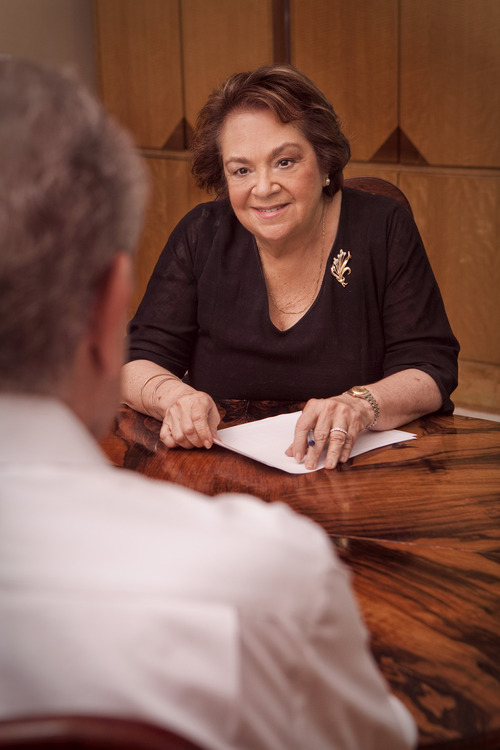Chick Weiner, the author of 12 books on independent living and managing disabilities, does not remember a time that she was not involved in disability rights work. As young child in the Great Depression, she has clear memories of her grandmother pulling out raffle tickets from her purse to raise funds for the Beth Abraham Home, an institution that supported people who had suffered permanent disabilities congenitally or from injuries, polio or other diseases.
 She was already involved in documenting and working with people with disabilities when early one Saturday morning she received a phone call that instantly made the struggle for the rights of the disabled a personal and intimate matter. The person on the other end told her that her only sibling, Simi, had been in a very serious car crash and had been airlifted to a nearby hospital. She survived, but was left paraplegic. One year later, Simi was released from the hospital in the care of her mother and Chick. In time, with this family-led support and her own inner resilience, Simi would regain purpose and direction, earn a doctorate, and become a prominent disability rights activist.
She was already involved in documenting and working with people with disabilities when early one Saturday morning she received a phone call that instantly made the struggle for the rights of the disabled a personal and intimate matter. The person on the other end told her that her only sibling, Simi, had been in a very serious car crash and had been airlifted to a nearby hospital. She survived, but was left paraplegic. One year later, Simi was released from the hospital in the care of her mother and Chick. In time, with this family-led support and her own inner resilience, Simi would regain purpose and direction, earn a doctorate, and become a prominent disability rights activist.
After witnessing the challenges her sister faced and in re-entering life, Chick redoubled her efforts and became a full-time activist working for disability rights. She published, No Apologies/A Guide to Living With a Disability. In addition, established the polio information center with polio survivor and fellow activist Harriet Bell.
By the early 1970s, she was a lead advocate for state and federal legislation including the Rehabilitation Act of 1973, which would forbid organizations and employers from excluding or denying individuals with disabilities an equal opportunity to receive benefits and services. When President George H.W. Bush signed the bill into law, she was there. Later this law would become a signature piece of American legislation—the Americans with Disabilities Act.
In her late fifties, Chick started experiencing vision issues. After she and her late husband Richard moved to Miami Beach, she sought care from a Miami area ophthalmologist who diagnosed her with macular degeneration, one of the leading causes of blindness in the world. She understood that as the condition progressed, it would eventually lead to further vision loss. She now found herself joining the ranks of the disabled.
As someone who is driven to action, she was determined to do whatever was in her power to work towards finding a cure for macular degeneration. As Chick entered her nineties, she found a new mission- to identify and support the most promising research and treatments to restore vision. She aimed to partner with the best in the world dedicated to solving this problem. It did not take her long to find the Institute of Vision Research (IVR) at the University of Iowa. Thoroughly impressed by the caliber of research, the unique culture, and mission driven team, the Institute was unlike anything else she had ever seen before. Chick was so confident she had found the right place that she chose to generously provide significant philanthropic support, without ever setting foot on campus throughout this process. Luckily, in this day and age it was easy enough for Chick to "meet" and talk with Dr. Ed Stone, Dr. Rob Mullins, and Dr. Budd Tucker from her home in Miami Beach. When asked what made her take up this mission as her own, Chick explained, “I wanted to find a place that was taking on the ‘big problems’ and could do the most good for the world. I’m confident I have found that in the Institute for Vision Research.”